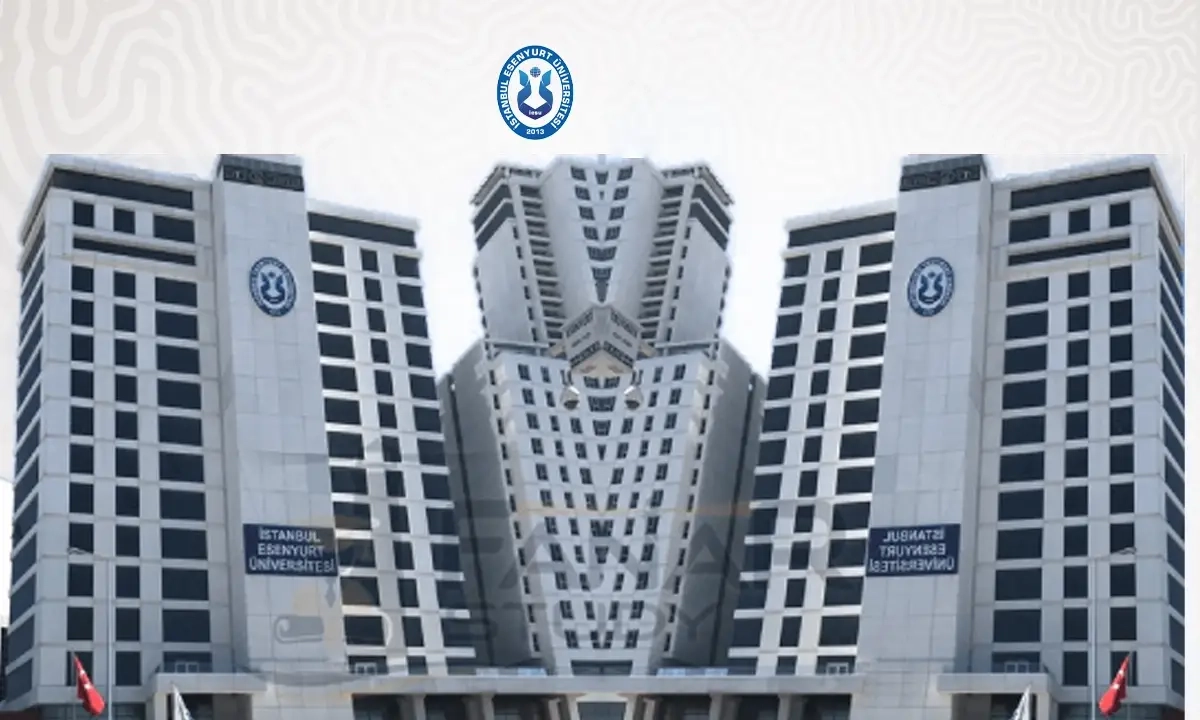Faculty: Physical Education and Sports
This specialization provides a comprehensive understanding of coaching principles and practices, focusing on developing skills and techniques to effectively guide individuals and teams in various fields such as sports, business, and personal development. Students will explore key topics such as coaching methodologies, leadership, communication, and performance enhancement. The specialization emphasizes integrating theoretical knowledge and practical skills to prepare students for careers in coaching, mentoring, and related fields.
Learning Objectives:
- Understand the fundamental principles of coaching and its role in personal and professional development.
- Develop skills in coaching methodologies and techniques.
- Learn effective communication and leadership techniques in coaching.
- Explore performance enhancement principles and goal setting.
- Understand the impact of psychological and social factors on coaching effectiveness.
- Analyze challenges and opportunities in the coaching profession.
- Develop critical thinking and problem-solving skills to address challenges in coaching.
Main Outline:
- Introduction to Coaching - Overview of coaching, its history, and importance in personal and professional development.
- Coaching Methodologies and Techniques - Foundations of coaching methodologies, including the GROW model and solution-focused coaching. - Techniques for applying coaching methodologies in different contexts.
- Leadership and Communication in Coaching - Principles of leadership, including transformational and situational leadership. - Effective communication techniques and active listening in coaching.
- Performance Enhancement and Goal Setting - Basics of performance enhancement, including motivation and resilience. - Techniques for goal setting and achievement in coaching.
- Psychological and Social Factors in Coaching - Impact of psychological and social factors, such as emotional intelligence and group dynamics, on coaching effectiveness. - Techniques for addressing psychological and social factors in coaching.
- Ethics and Professional Practice in Coaching - Overview of ethical and professional considerations in coaching. - Techniques for ensuring ethical and professional behavior in coaching practice.
- Specialized Coaching Contexts - Principles of specialized coaching contexts, including sports coaching, executive coaching, and life coaching. - Techniques for adapting coaching practices to different contexts.
- Emerging Trends in Coaching - Impact of emerging trends, such as digital coaching and neuroscience in coaching, on the profession. - Techniques for integrating new trends into coaching practices.
Assessment Methods:
- Coaching sessions and practical tests to assess coaching skills.
- Written assignments and research papers to evaluate knowledge of coaching methodologies and leadership.
- Presentations and reports on performance enhancement and goal setting.
- Participation in group projects and coaching simulations.
Recommended Textbooks:
- "Coaching for Performance: Growing Human Potential and Purpose" by John Whitmore.
- "The Coaching Habit: Say Less, Ask More & Change the Way You Lead Forever" by Michael Bungay Stanier.
- "Co-Active Coaching: Changing Business, Transforming Lives" by Henry Kimsey-House, Karen Kimsey-House, and Phillip Sandahl.
Prerequisites:
Basic knowledge of psychology and communication principles is recommended. This specialization is suitable for students in coaching, psychology, and related fields.
Duration of the Specialization:
This specialization usually lasts four academic years, combining lectures, practical sessions, and coaching practice.
Certification:
Upon successful completion, students may earn a degree in coaching, depending on the program and institution.
Target Audience:
This specialization is designed for undergraduate and graduate students in coaching, psychology, and related fields, as well as professionals seeking to enhance their coaching skills. The specialization prepares students and professionals to excel in the field of coaching, leveraging theoretical knowledge, practical skills, and understanding of emerging trends to effectively guide individuals and teams in achieving their personal and professional goals.








